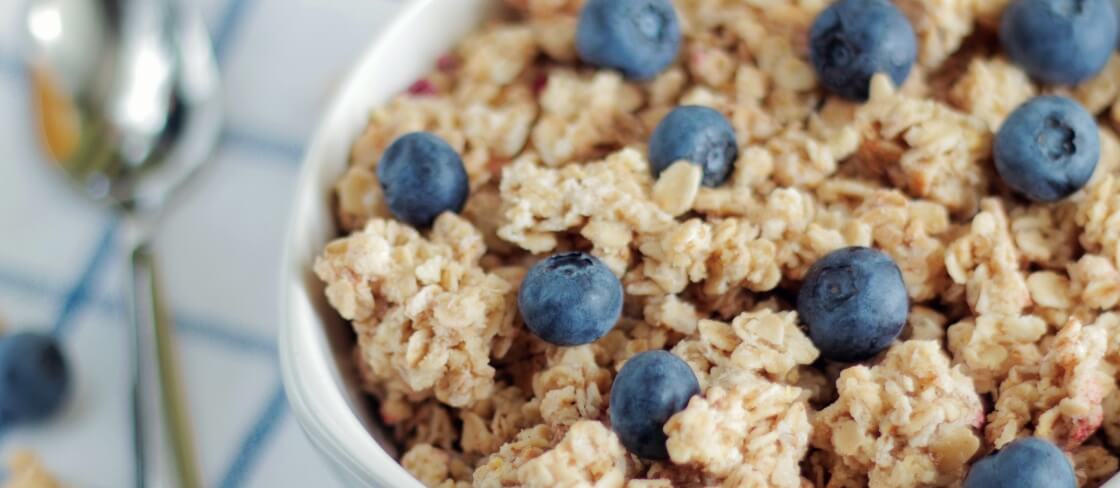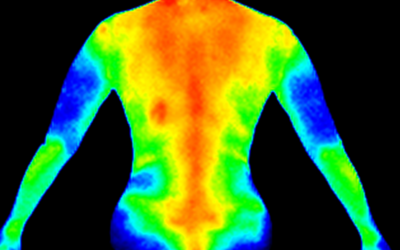Numerous studies have demonstrated the importance of gut health in relation to every other area in the body. The immune system, mental health, autoimmune diseases, endocrine disorders, skin conditions, and your weight are all impacted by the health of your gut. More specifically, your health is influenced by the bacteria that make up your gut microbiome. Read on to learn more about digestion, gut bacteria and your weight, and the best probiotic strain for weight loss.
How Does Digestion Impact Your Weight?
Research shows that altering your gut microbiome is an important intervention for treating obesity.
What do gut bacteria have to do with weight loss? Some bacteria can influence how foods are digested. They can also produce chemicals that make you feel full. These factors together can influence your body weight, and ultimately, your ability to lose weight.
A 2018 review looked at 21 studies to identify any impact of probiotics, prebiotics, and synbiotics on body weight, body mass index (BMI), and fat mass. The use of probiotics or live microorganisms that increase “good” gut bacteria was associated with a significant reduction in weight, BMI, and fat mass.
The use of prebiotics, or plant fibers that feed probiotics and help “good” gut bacteria grow, was associated with weight loss. Synbiotics, which are supplements that contain both probiotics and prebiotics, had no effect on weight loss. Overall, when compared to control groups without any microbiome modulating agents, use of prebiotics and probiotics showed a definite positive impact on weight loss.
Gut Bacteria and Weight
Some animal studies have found that extracting gut bacteria from obese people and injecting them into mice causes mice to gain weight. This could suggest that gut bacteria plays a direct role in weight, possibly due to how the bacteria impact digestion.
One example of this is fiber. Evidence shows that people who have a high fiber intake tend to have lower weight. This may be due to the role of certain gut bacteria in the digestion of fiber. Without these gut bacteria, humans wouldn’t be able to digest fiber very well, if at all.
In another 2018 study, 62 overweight people were prescribed a high fiber diet rich in whole grains for 26 weeks. Researchers examined what types of gut bacteria were present in the participants. They found that those with more Prevotella lost 5 pounds more than those with Bacteroidetes.
Why does this matter? Prevotella bacteria digest fiber and carbohydrates, they are more common in people with plant-based diets. Whereas, Bacteroidetes are found in high amounts among people who eat a diet high in animal protein and fat.
Furthermore, some gut bacteria can also influence how well dietary fat is absorbed in your intestines. This could in turn influence how much fat is stored in your body. Other gut bacteria can digest flavonoids, which are antioxidants from plant foods that may help prevent weight gain.
Inflammation, Weight, and Your Microbiome
Some gut bacteria can produce chemicals that promote inflammation, such as lipopolysaccharide (LPS). A 2007 study identified LPS as a trigger in the onset of insulin resistance, obesity, and diabetes.
Another study among 292 people found that overweight people had the least amount of biodiversity among their gut bacteria. They also had higher levels of C-reactive protein, a biomarker of inflammation in the body.
Inflammation has been connected to being overweight. Managing inflammation may help the body naturally reach a normal weight.
Gut Bacteria Influence Your Appetite
Your gut bacteria may also influence how much your body produces hormones responsible for making you feel hungry and full.
The hormones ghrelin, leptin, and peptide YY are produced by your body and influence your appetite. How much your body produces, and therefore whether you feel hungry or full, appears to be influenced by certain gut bacteria.
A 2015 study gave 10 grams per day of propionate, a substance produced when gut bacteria break down fiber, to 60 overweight adults over a course of 6 months. Those given the supplement were found to have increased levels of hormones that affect hunger. These subjects also ate less and gained less weight, than those in the control group. This study suggests that certain gut bacteria may help reduce appetite.
Best Foods for Gut Health and Weight Loss
To support healthy weight loss, it’s important to create an environment in which your gut bacteria can support your health goals.
This means eating a wide range of healthy foods that promote a large diversity of good bacteria in your gut microbiome. Some of the best foods for gut health are high fiber fruits, vegetables, and whole grains. As well as, fermented foods like tempeh, sauerkraut, kimchi, yogurt, kefir, natto, and miso.
Some people may also benefit from certain probiotic or prebiotic supplements. However, in order to determine the best diet plan for you and your weight goals, appropriate tools to assess GI health can be used. One of these is called GI mapping.
What is GI Mapping?
Assessing digestive health from the right angle can help health professionals and medical practitioners better diagnose and treat the root cause of numerous chronic conditions.
The GI-MAP, or Gastrointestinal Microbial Assay Plus, is a unique and comprehensive test performed to detect pathogens in your stool. GI mapping can identify fungi, parasites, bacteria, viruses, and immune and digestive markers that may be present. These pathogens may be wreaking havoc on your health, including inhibiting your weight loss goals, by way of disrupting normal microbial balance in your gut microbiome.
The GI-MAP is recommended as a way to gain further insight into the link between your gut and other health-related concerns. In terms of weight loss issues, GI-MAP may identify specific dietary changes that need to be made to create a gut microbiome that supports weight loss.
If you’re interested in learning more about how your unique gut makeup may be influencing your weight through GI mapping, let me help you. Together, we evaluate your gut microbiome and determine how to best support your weight loss goals with a gut-based approach.







0 Comments